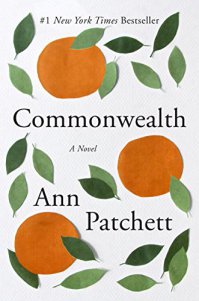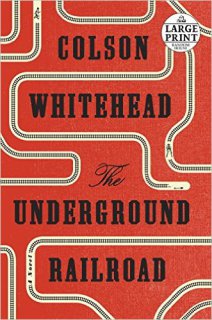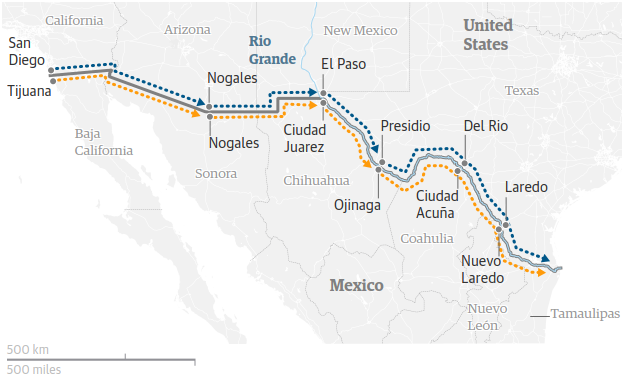 This semester (Fall 2020), I employed a teaching strategy, inspired by something I did last semester (Spring 2020) when the classes abruptly moved online. I created a discussion space for the students to share with me their apprehensions on remote learning. Many students who are used to on-campus classes are apprehensive about the remote learning, and those apprehensions have not lessened any. So to find out what the student apprehensions are for this semester and how can I address them I thought it was a no-brainer to hear from them. And I’m sharing in this post the patterns found in their concerns with the hope that other teachers might benefit.
This semester (Fall 2020), I employed a teaching strategy, inspired by something I did last semester (Spring 2020) when the classes abruptly moved online. I created a discussion space for the students to share with me their apprehensions on remote learning. Many students who are used to on-campus classes are apprehensive about the remote learning, and those apprehensions have not lessened any. So to find out what the student apprehensions are for this semester and how can I address them I thought it was a no-brainer to hear from them. And I’m sharing in this post the patterns found in their concerns with the hope that other teachers might benefit.
Before start of the Fall classes, I created a google form and shared it with my students to find out their concerns. I identified patterns in their concerns, grouped them, and outlined how I plan to address them. I believe knowing some of these concerns helps me adapt my pedagogy, plan better, embed flexibility, and assess various course requirements. Most importantly, this exercise demonstrates to the students that I’m at least making an effort at accommodating their issues, an important trust-building exercise at the start of a course.
 Ann Patchett’s Commonwealth has this scene at the start of the Chapter 4 that develops primarily through dialogue. In fact, bulk of that chapter is dialogue. The dialogue is between two characters: Franny, a cocktail waitress, and Leon Posen, a customer at the bar and occupationally a writer. The setting is Chicago’s iconic Palmer House Hotel. It’s near closing time for the bar so it’s almost empty. Franny is a huge fan of Leon Posen and she has read all his works quite faithfully. So when she finds out that Leon Posen is at the bar, Franny takes the opportunity to be his bartender to impress her idol. Leon, for his part, has had a few drinks already and he’s smitten by Franny’s beauty. He relishes at the idea of being served by Franny so that she could linger around him.
Ann Patchett’s Commonwealth has this scene at the start of the Chapter 4 that develops primarily through dialogue. In fact, bulk of that chapter is dialogue. The dialogue is between two characters: Franny, a cocktail waitress, and Leon Posen, a customer at the bar and occupationally a writer. The setting is Chicago’s iconic Palmer House Hotel. It’s near closing time for the bar so it’s almost empty. Franny is a huge fan of Leon Posen and she has read all his works quite faithfully. So when she finds out that Leon Posen is at the bar, Franny takes the opportunity to be his bartender to impress her idol. Leon, for his part, has had a few drinks already and he’s smitten by Franny’s beauty. He relishes at the idea of being served by Franny so that she could linger around him. There’s this line toward the very end of Colson Whitehead’s book, The Underground Railroad: “She trusted the slave’s choice to guide her—anywhere, anywhere but where you are escaping from.” This is a realization that comes to Cora, the protagonist and a runaway slave who is seeking lasting deliverance. Cora’s realization is a reminder to the self, a lesson in survival. She’s been on the run from Georgia to South Carolina, then to North Carolina, Tennessee, and Indiana. Yet, she’s still fleeing: to go anywhere, any other place that’s an escape from the present condition. But that “anywhere” is only a transient state before it reminds a runaway slave that he/she is on the hunt again. And he/she has to seek a new refuge, a new “anywhere.” The unifying thought that holds together Whitehead’s novel is this question: where does, if at all, that “anywhere” exist for an enslaved person?
There’s this line toward the very end of Colson Whitehead’s book, The Underground Railroad: “She trusted the slave’s choice to guide her—anywhere, anywhere but where you are escaping from.” This is a realization that comes to Cora, the protagonist and a runaway slave who is seeking lasting deliverance. Cora’s realization is a reminder to the self, a lesson in survival. She’s been on the run from Georgia to South Carolina, then to North Carolina, Tennessee, and Indiana. Yet, she’s still fleeing: to go anywhere, any other place that’s an escape from the present condition. But that “anywhere” is only a transient state before it reminds a runaway slave that he/she is on the hunt again. And he/she has to seek a new refuge, a new “anywhere.” The unifying thought that holds together Whitehead’s novel is this question: where does, if at all, that “anywhere” exist for an enslaved person?